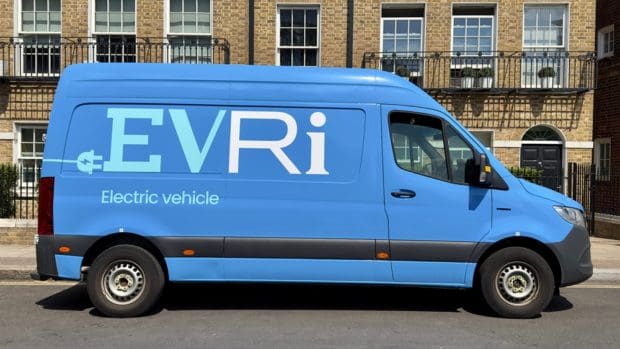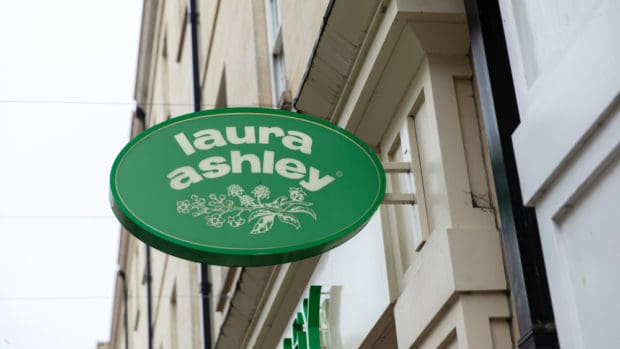SMEs saw a strong end to 2019, with Barclaycard processing 5.1 per cent more merchant transactions in the fourth quarter (Q4), compared to the same quarter the previous year.
Barclaycard, which processes almost £1 in every £3 spent in the UK, also reveals that the total value of merchant transactions is up 4.4 per cent in the first half of Q1, compared to the first half of Q4 2019. This puts SMEs well on track to meet their quarterly revenue growth target of 3.3 per cent.
Less than a month after leaving the EU, longer-term expectations are even more positive, with SMEs expecting to grow by an average of 6.3 per cent over the next 12 months.
Small businesses in construction and real estate have the highest predicted quarterly growth at 6.3 per cent, while professional services SMEs are most confident about the year ahead, expecting an annual boost of 9.8 per cent.
Businesses in the North East, Yorkshire & The Humber were the most optimistic in both the short and long term – forecasting quarterly revenue growth of 5.3 per cent, and an annual uplift of 7.9 per cent.
SMEs in Scotland reported the highest performance year-on-year, with a revenue increase of 6.6 per cent, and they have even stronger expectations for 2020, predicting annual growth of 7.7 per cent.
Barometer sentiment score
To measure SME sentiment, Barclaycard and YouGov have aggregated SMEs’ viewpoints on ten key topics to create an overall index score out of 200, with anything over 100 indicating a positive outlook, while anything under 100 is negative.
The figures indicate that SMEs are generally feeling confident, with a combined sentiment index score of 110. One of the areas small businesses are most positive about is the strength of their cash flow (122), which could be explained by the growth in the range of solutions available for cash flow management, such as business credit cards, unsecured/secured loans, and invoice financing.
| Measure | Index Score |
| Supply chain | 130 |
| Cash flow | 122 |
| Business sales pipeline | 118 |
| Business prospects | 118 |
| Raising finance | 116 |
| Sector prospects | 108 |
| Planned investment | 104 |
| UK economy prospects | 100 |
| Legislative environment | 96 |
| Business environment stability | 92 |
| TOTAL | 110 |
Challenges and opportunities
Interestingly, SMEs report the strength of the domestic economy as both the largest opportunity (19 per cent) and the biggest challenge (19 per cent) they face this year. They reported the next top opportunity as technology (11 per cent), while the top three challenges are rounded out by competition (14 per cent) and the availability of skills (13 per cent).
Wider economic outlook
Asked about prospects for the UK economy, on average businesses were positive, with one third of SMEs (33 per cent) saying they were optimistic. The same percentage of SMEs (33 per cent) also said that they felt positive about prospects for their sector.
Expectations jumped when it came to their own businesses, with 42 per cent of SMEs feeling positive, indicating a determination to succeed despite the more balanced outlook for their sector and the broader UK economy.
In another sign of economic growth, 17 per cent of businesses reported that they had started to trade internationally in the past 12 months, with a further 10 per cent intending to start doing so this year.
Finally, almost three in ten (28 per cent) SMEs say it is taking clients longer to pay them than it did a year ago, with manufacturing suffering the most, with nearly half of businesses (49 per cent) reporting this as a trend they’re seeing.
Rob Cameron, CEO, Barclaycard Payments, said: “Small and medium businesses are the engine of the UK economy and a vital indicator of economic wellbeing. It is crucial that we understand both their performance and their overall confidence so that we can target support at the areas where it will have the most impact, driving further economic growth.”
“It’s very encouraging to see that SMEs expect to increase revenue in both the near and longer-term. As they grow and start to trade internationally, SMEs should look for a payments provider who can scale alongside them, helping them to meet the needs of their customers, both today and in the future.”
Emma Jones, Founder of Enterprise Nation, said “Being an entrepreneur has its peaks and troughs. With the economy stabilising, resilient self-starters and business owners are being realistic about the next 12 months. They are embracing opportunities like the potential for new partners and availability of support, and they are alive to the advantages that affordable technology can bring.
“In an environment with changing business conditions, a widening skills gap and inevitable competition, in the true spirit of entrepreneurship, the UK’s small businesses are getting on with the job with enthusiasm and determination.”








Share